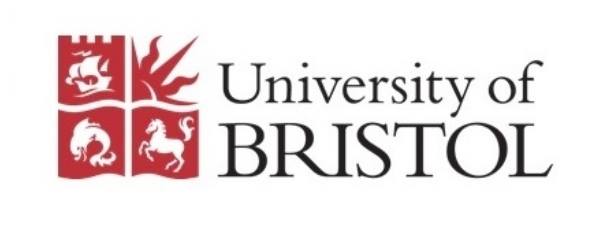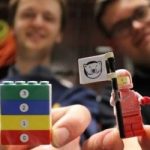U of Bristol Develops First Chip-to-Chip Quantum Teleportation Harnessing Silicon Photonic Chip Fabrication

(Bristol.uk) Scientists from the University of Bristol, in collaboration with the Technical University of Denmark (DTU), have successfully developed chip-scale devices that are able to harness the applications of quantum physics by generating and manipulating single particles of light within programmable nano-scale circuits.
These chips are able to encode quantum information in light generated inside the circuits and can process the ‘quantum information’ with high efficiency and extremely low noise. This demonstration could enable a significant boost in the ability to produce more complex quantum circuits that are required in quantum computing and communications.
Researchers at the University of Bristol’s Quantum Engineering Technology Labs (QET Labs) demonstrate the quantum teleportation of information between two programmable chip for the first time, which they remark is a cornerstone of quantum communications and quantum computing.
Quantum teleportation offers quantum state transfer of a quantum particle from one place to another by utilising entanglement. Teleportation is not only useful for quantum communication but is a fundamental building-block of optical quantum computing. Establishing an entangled communication link between two chips in the lab however has proven to be highly challenging.



















